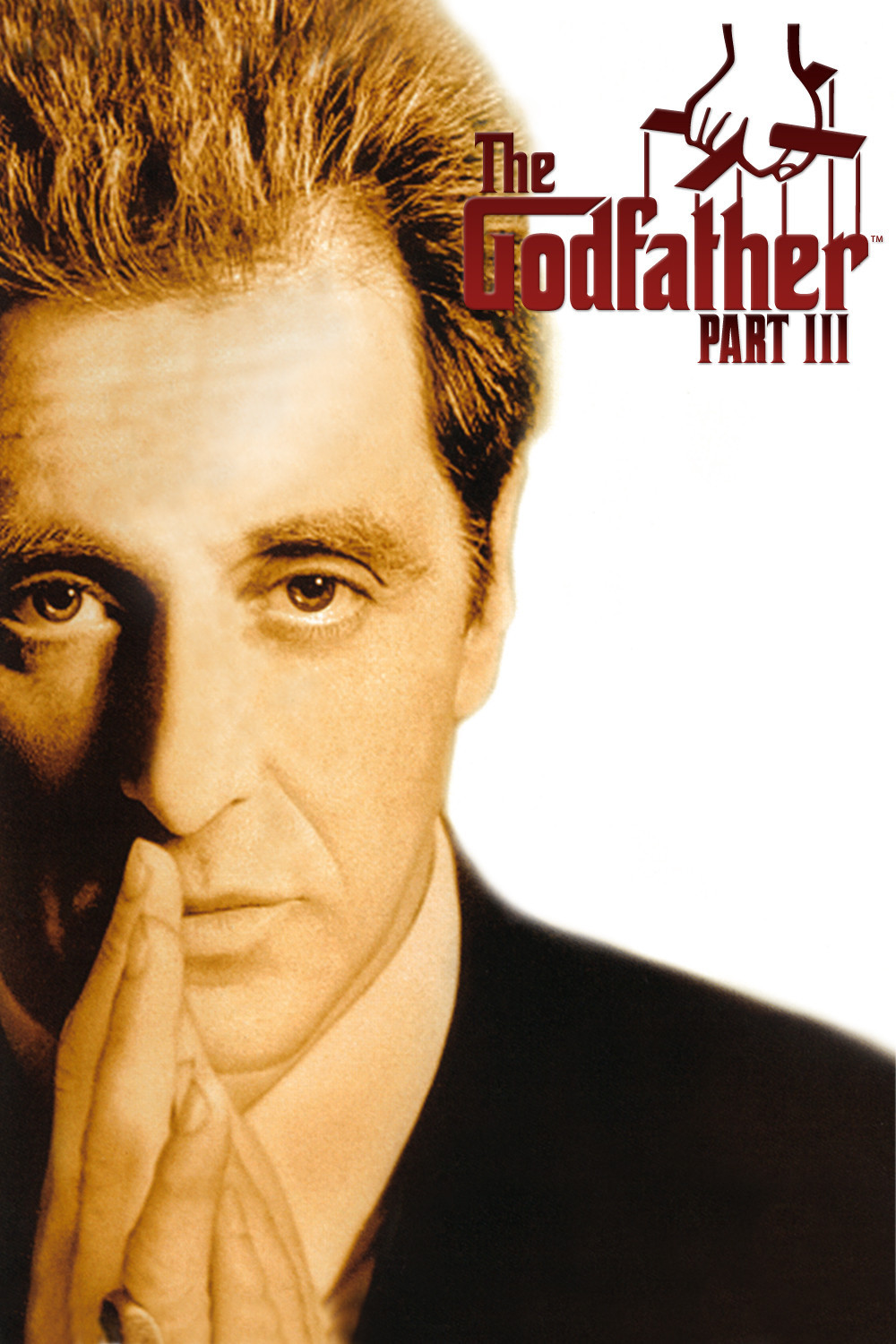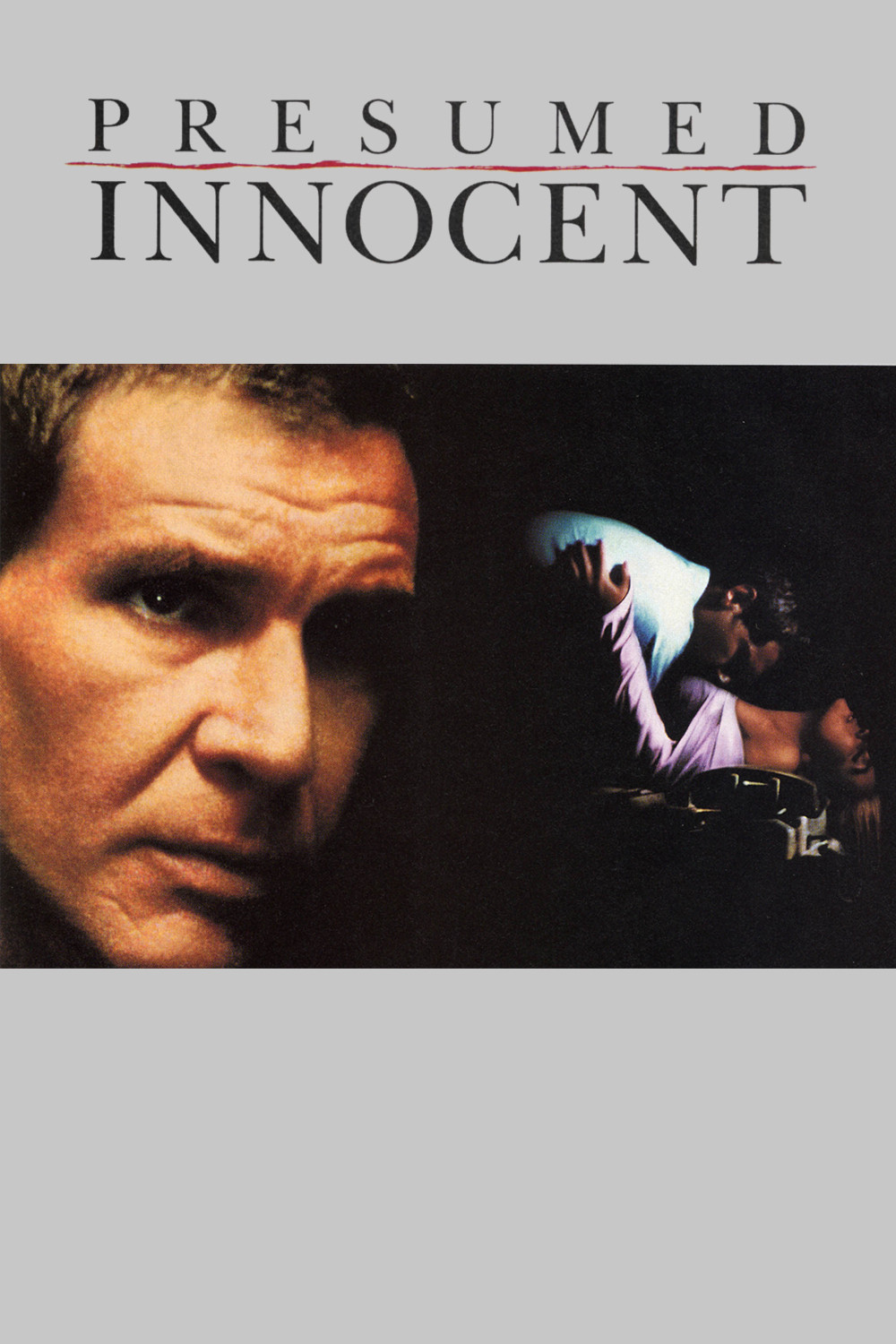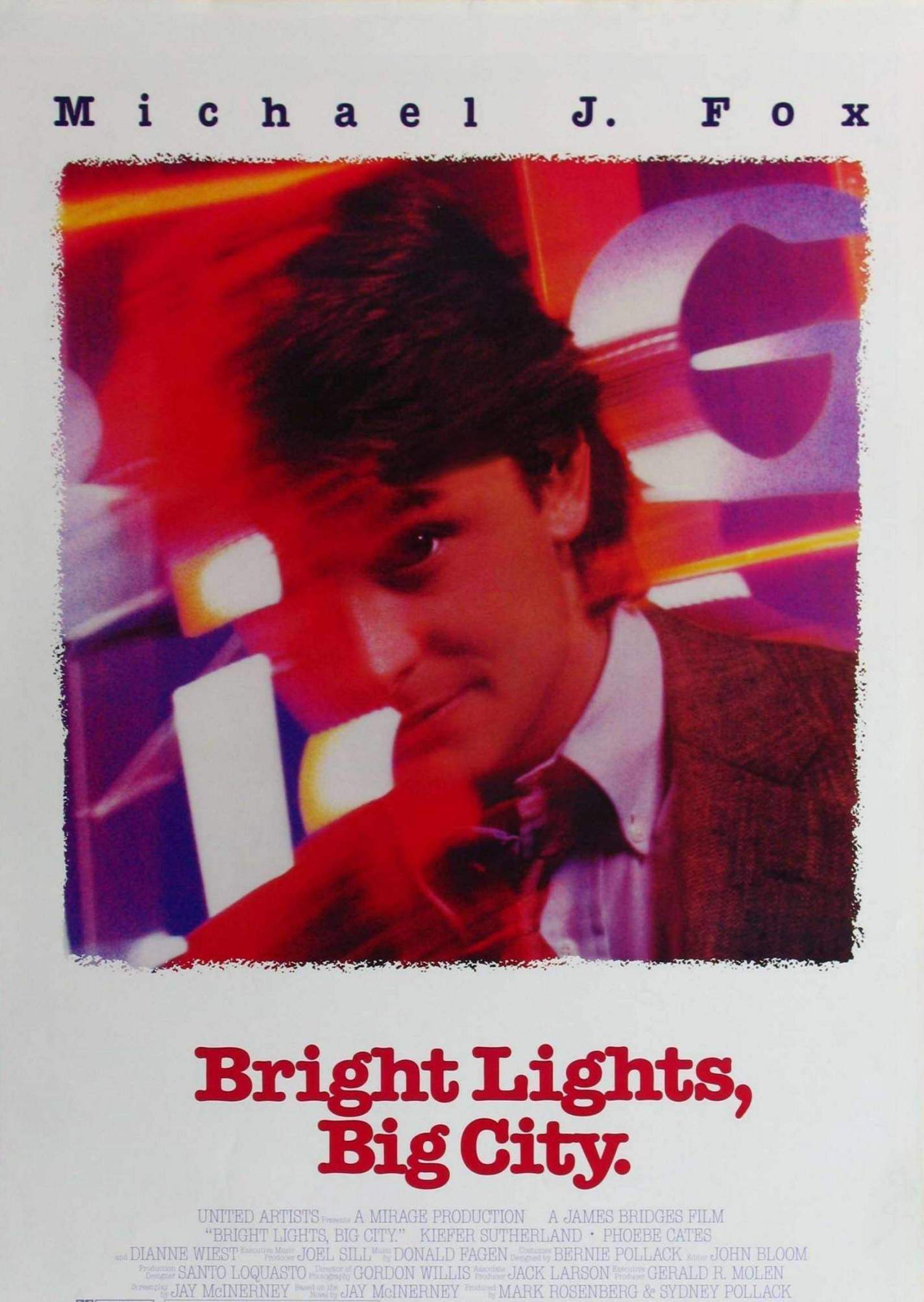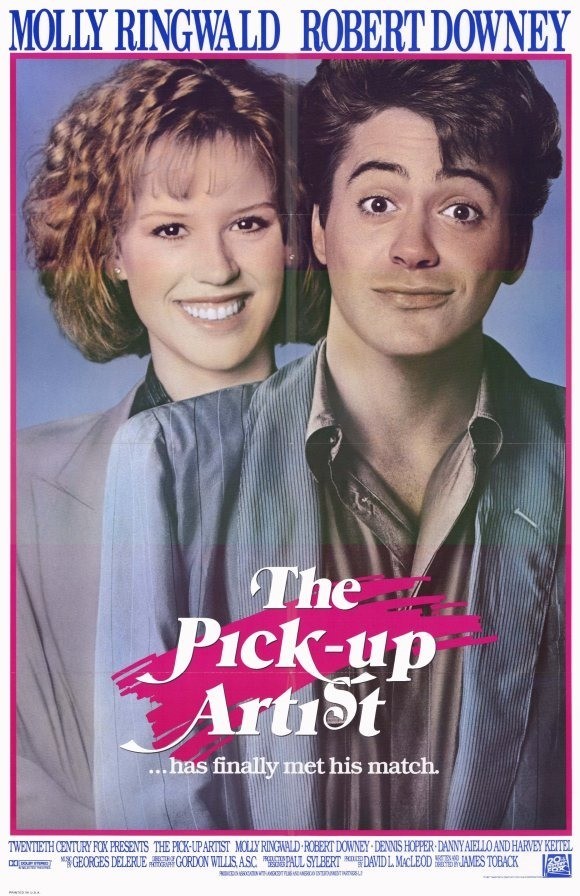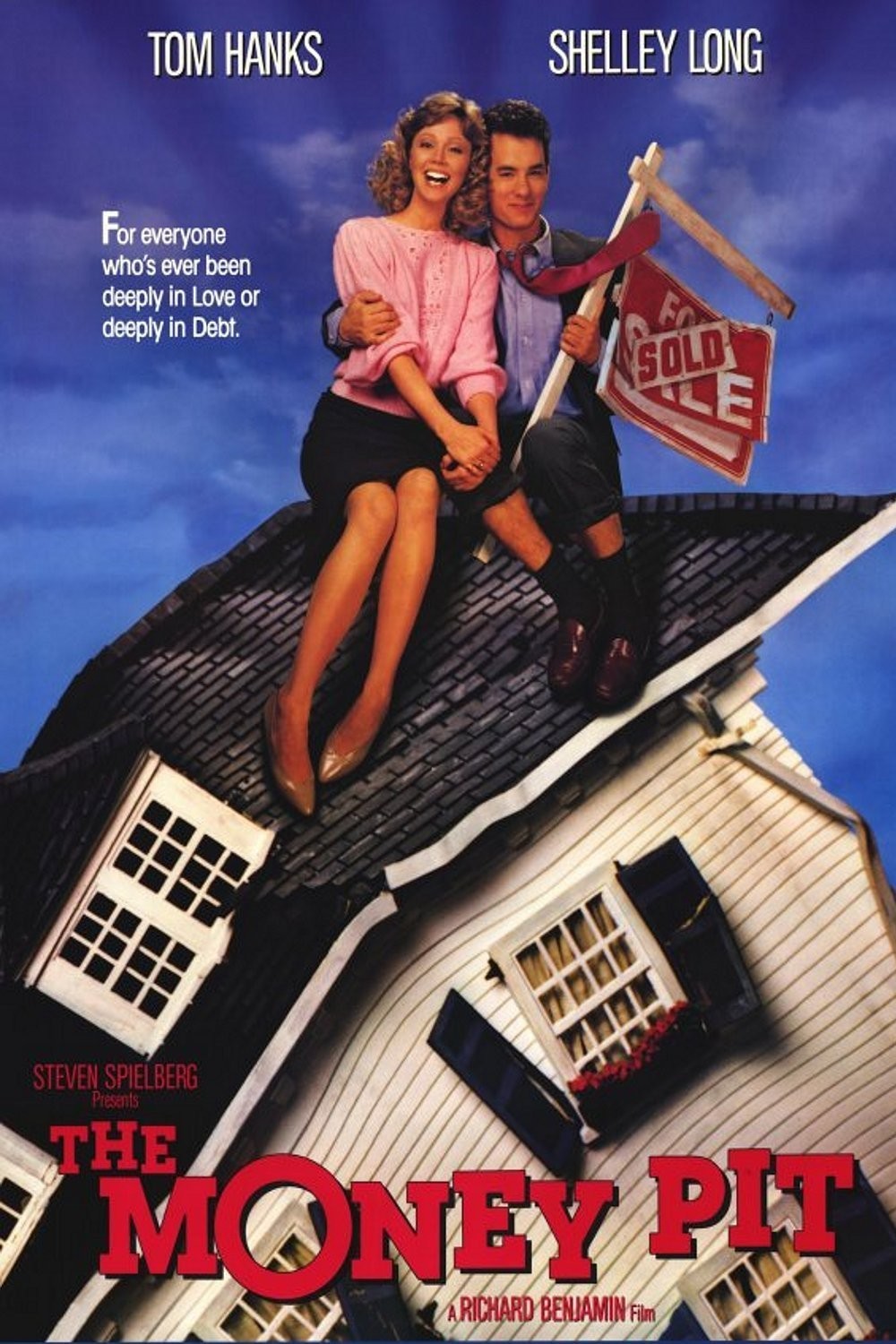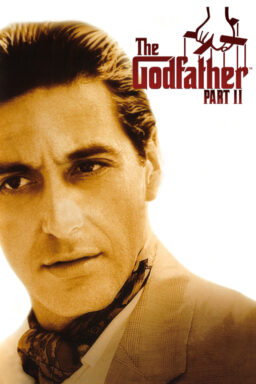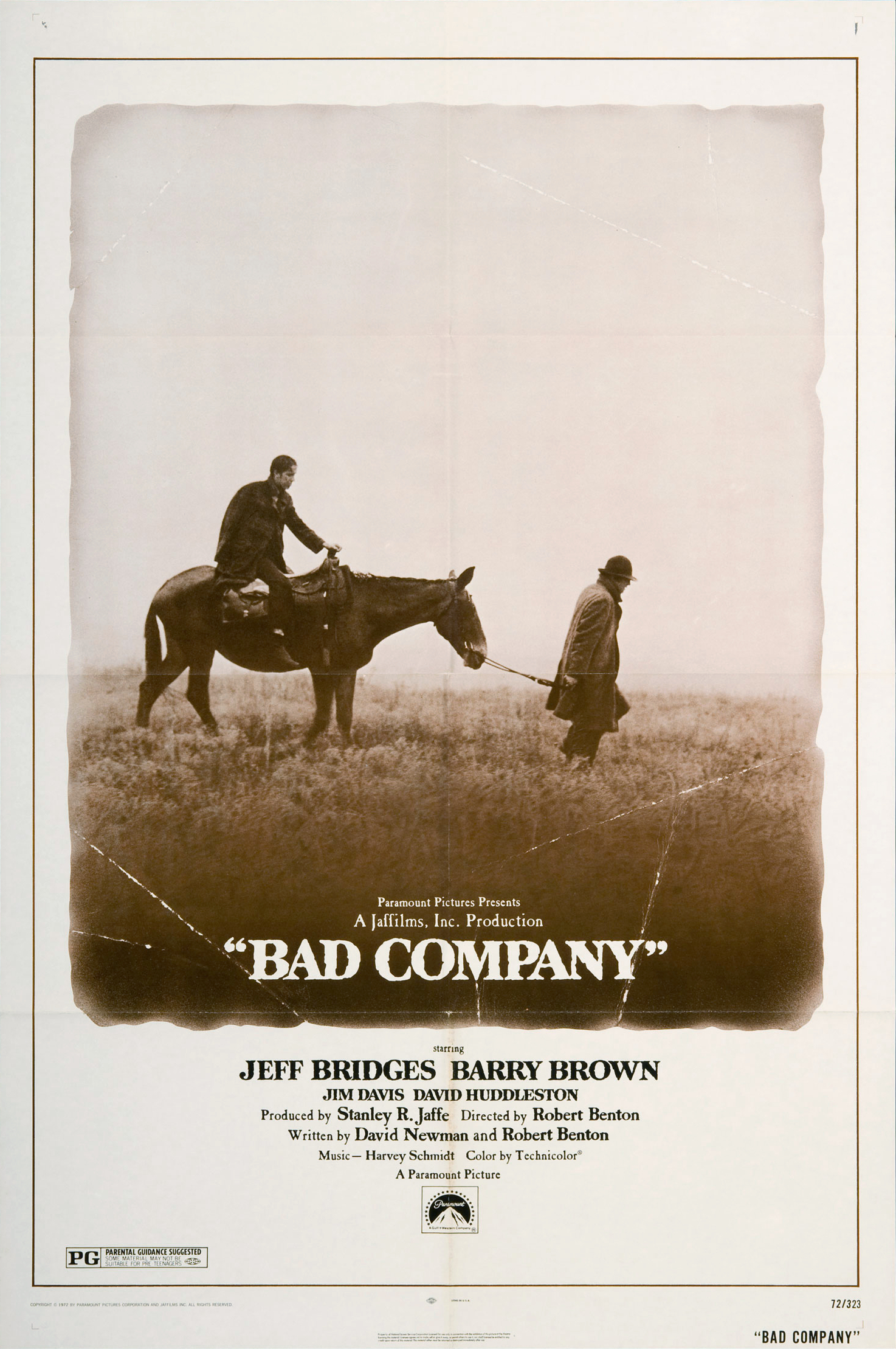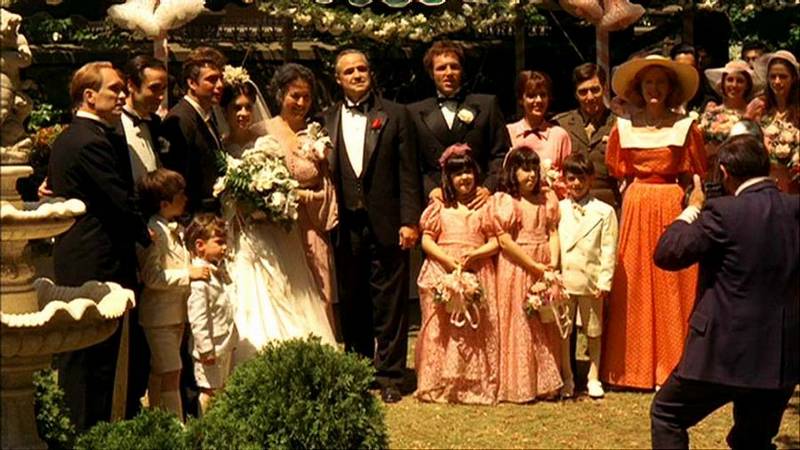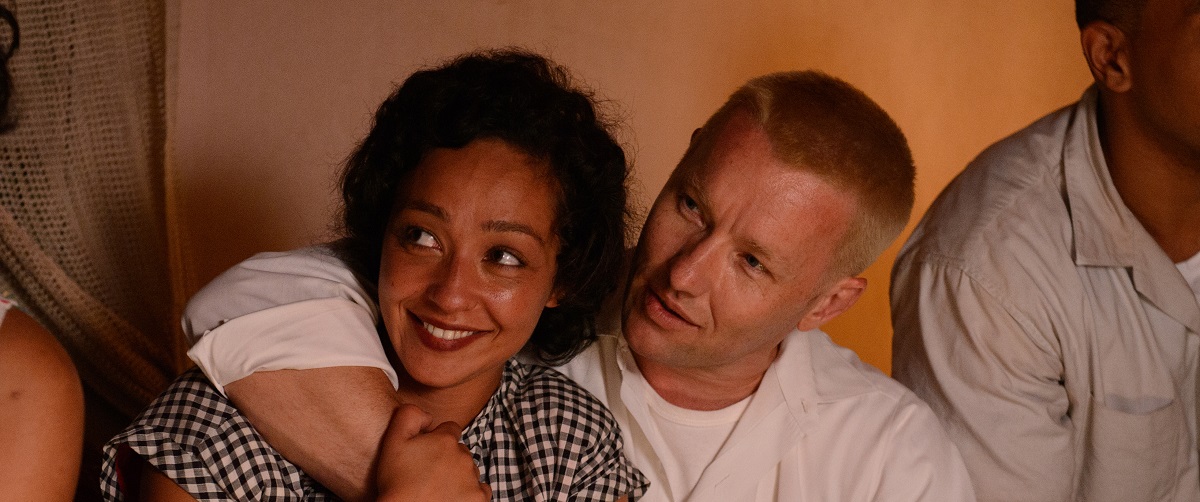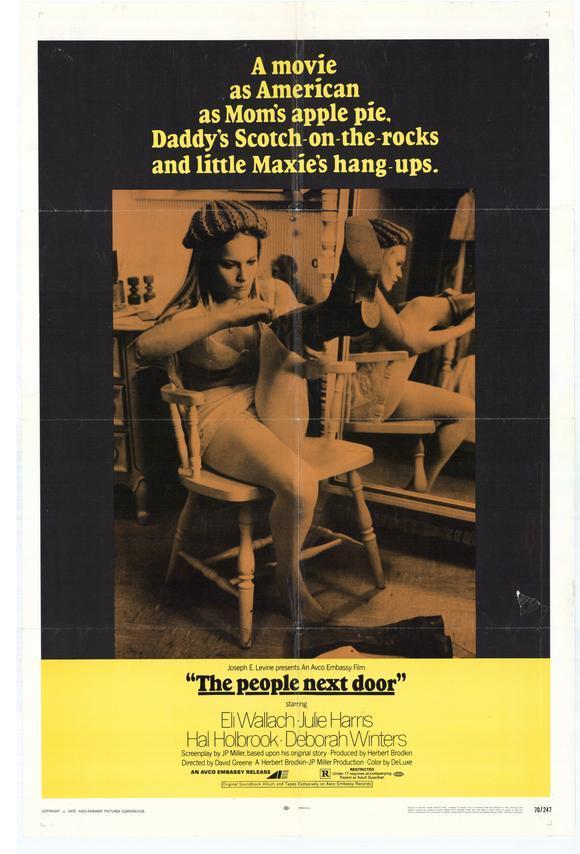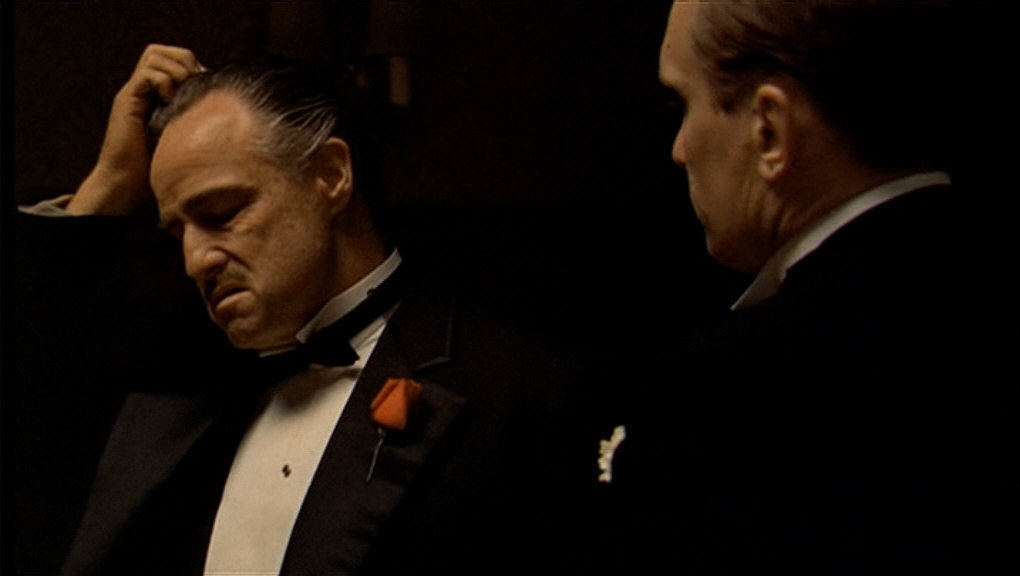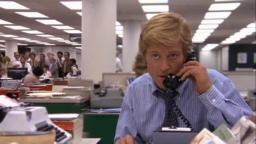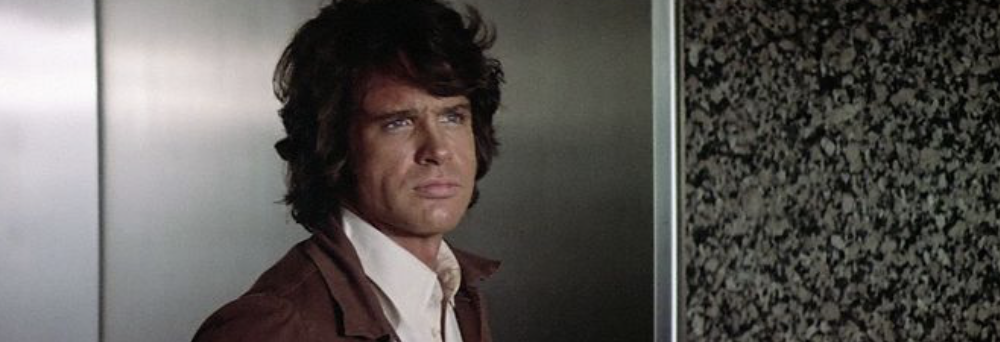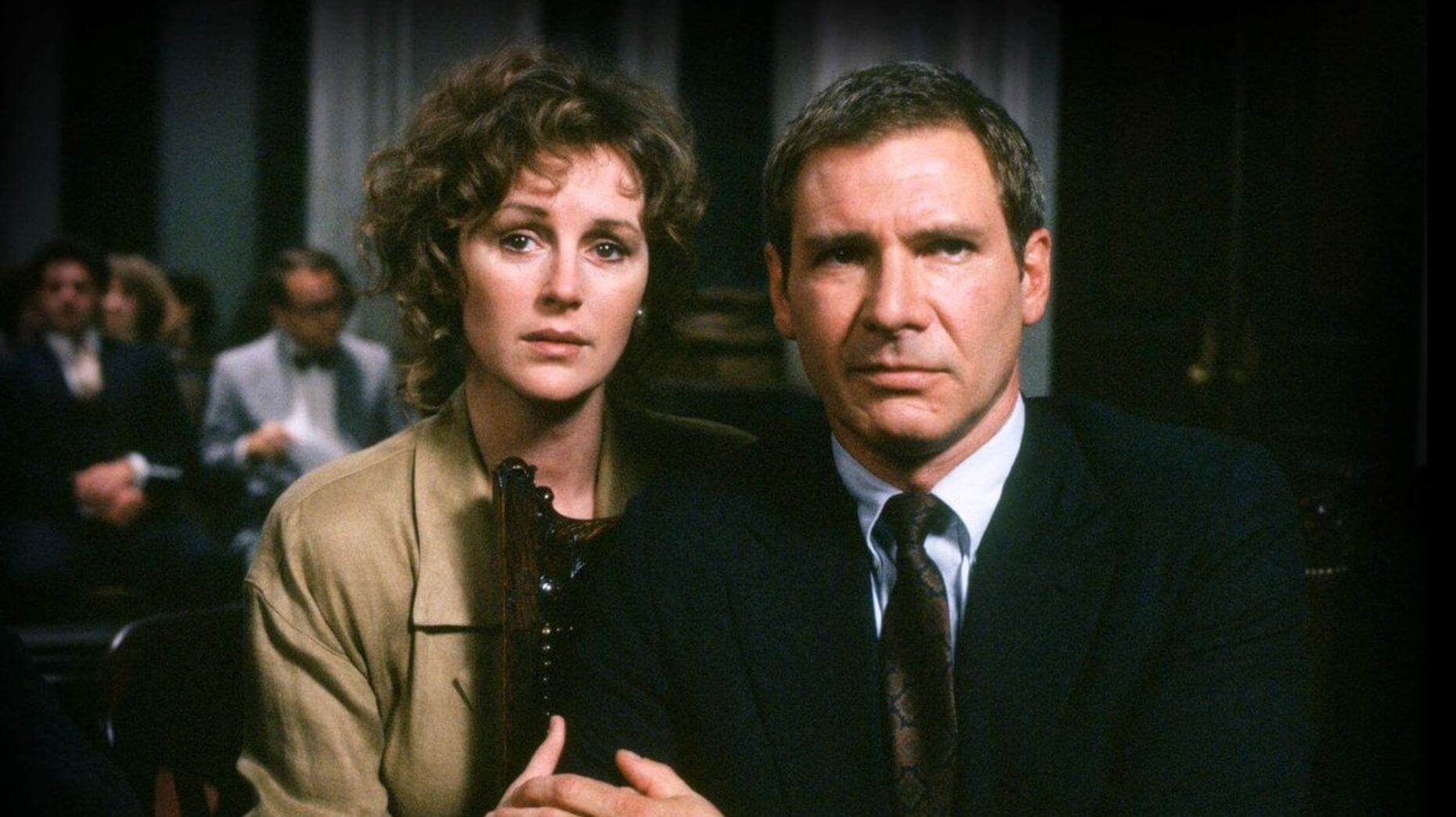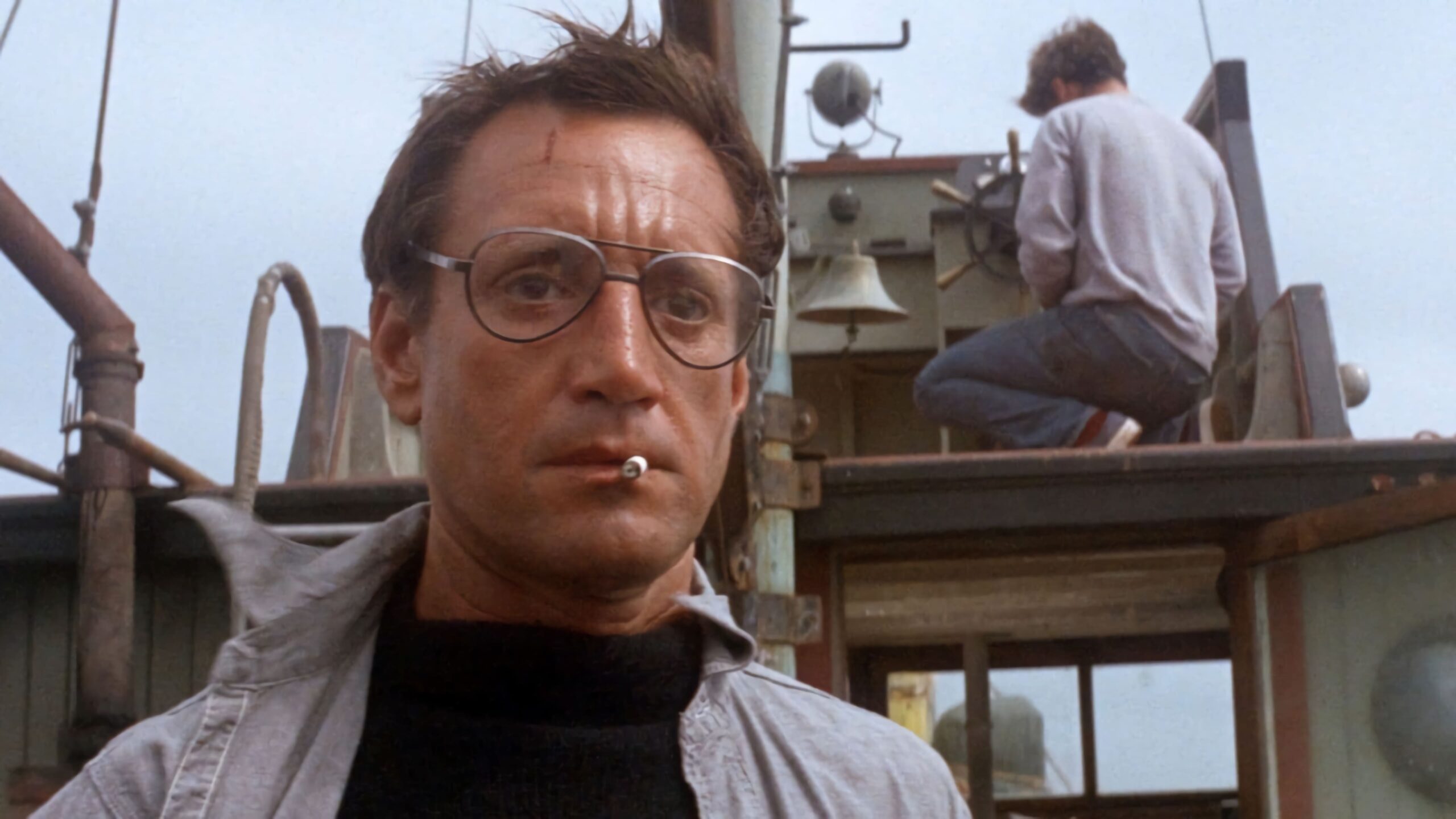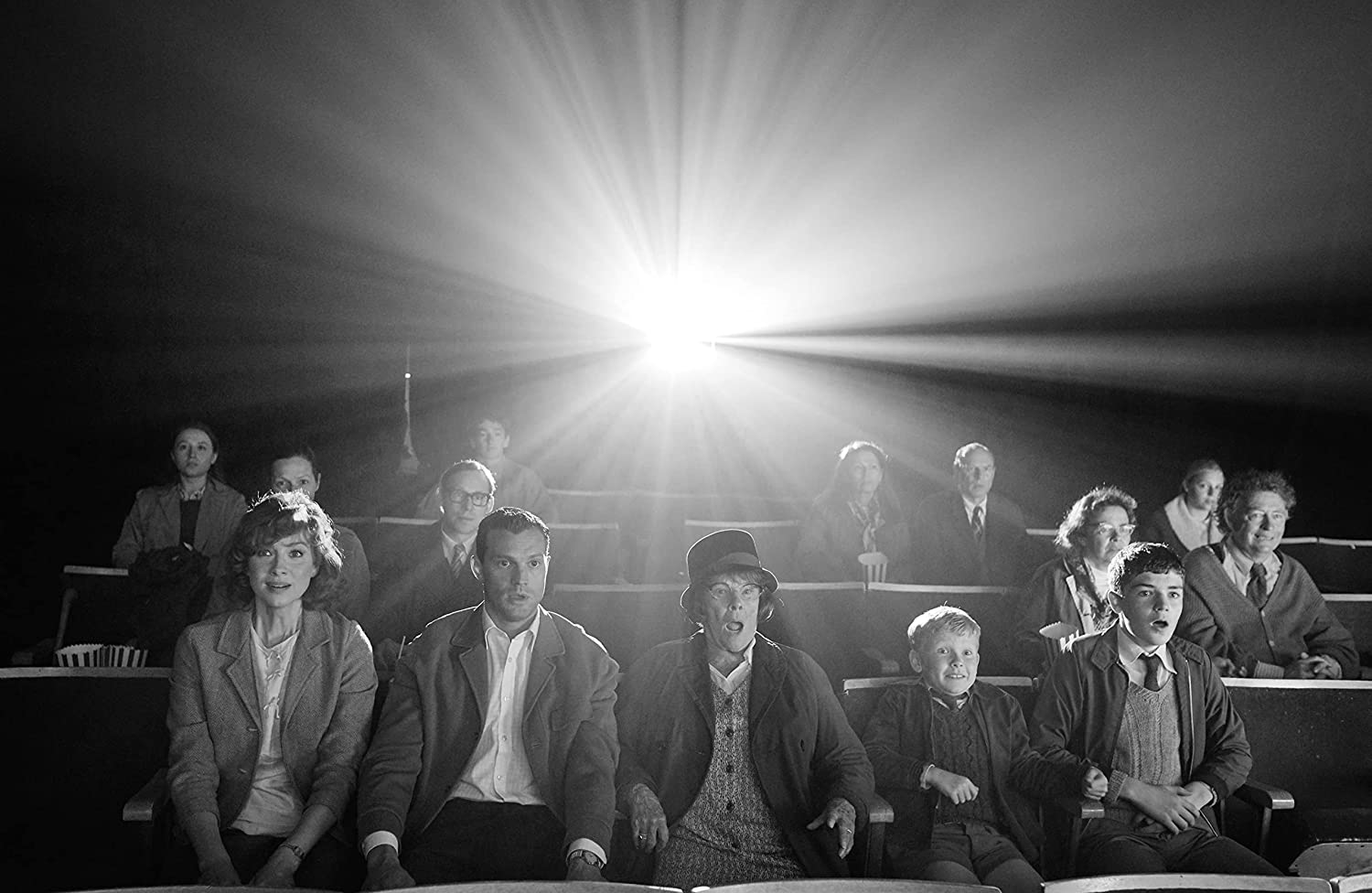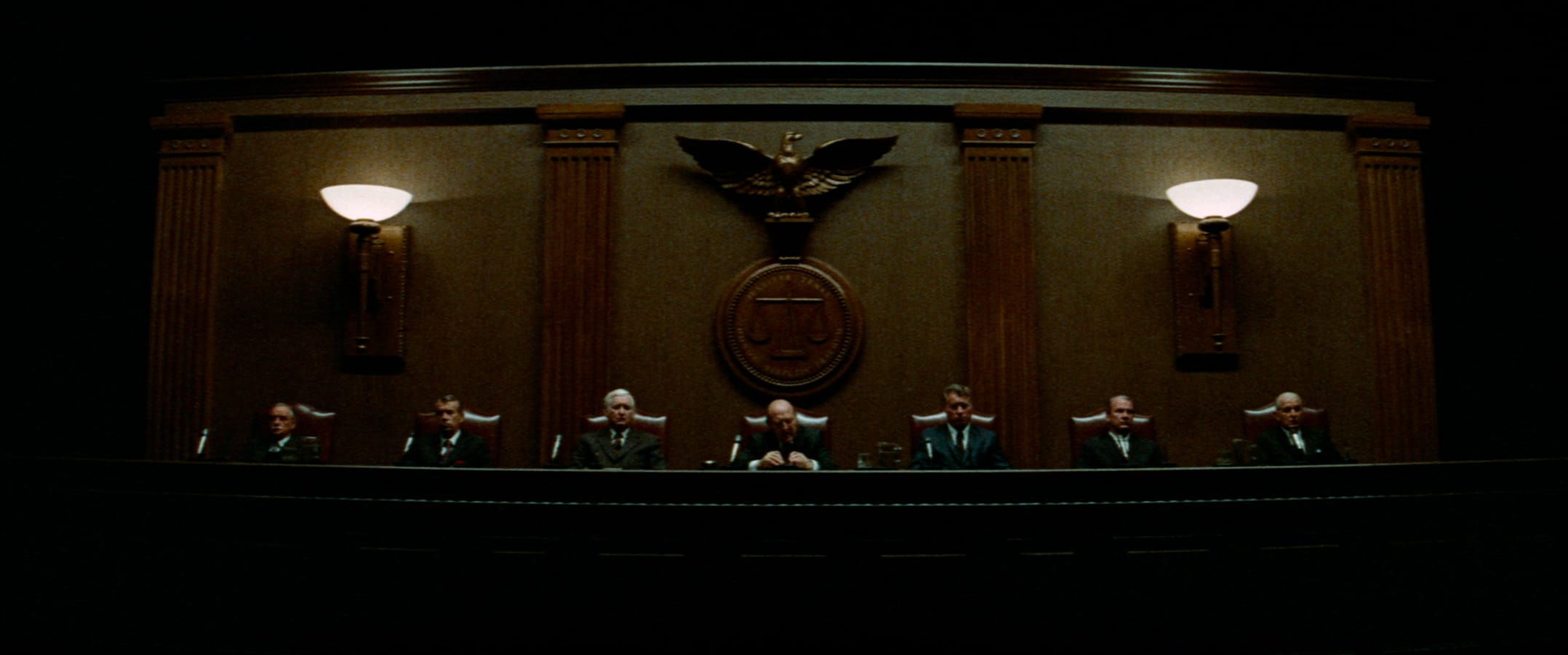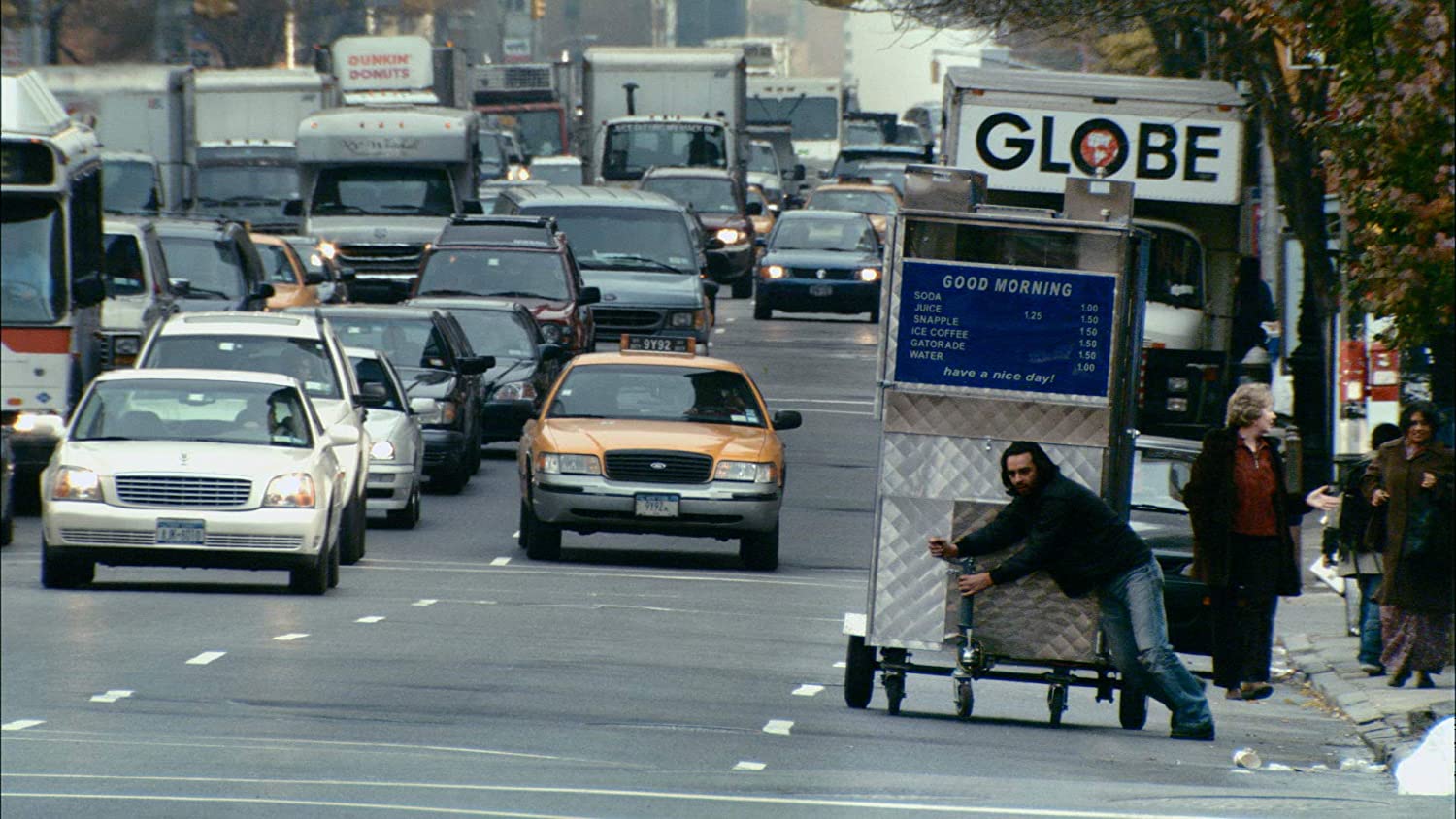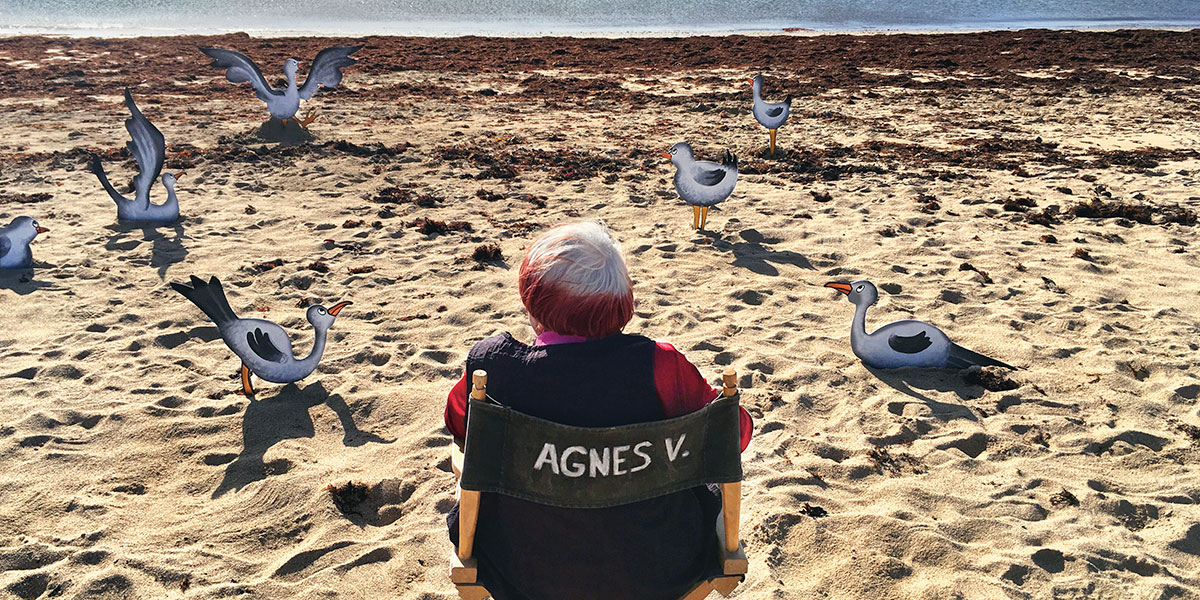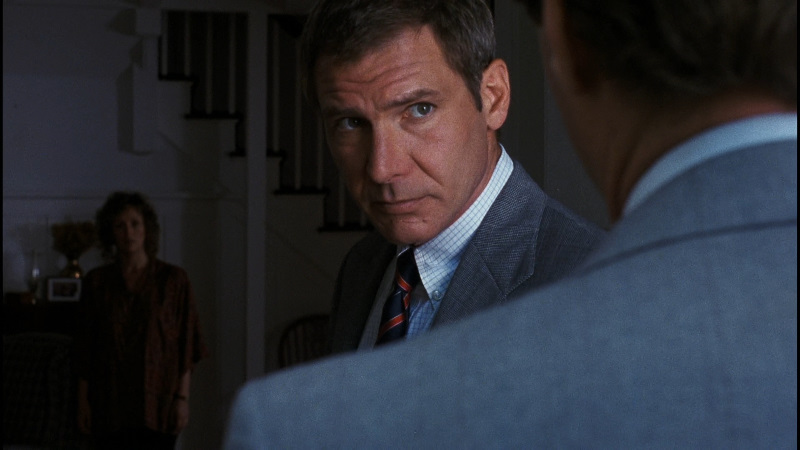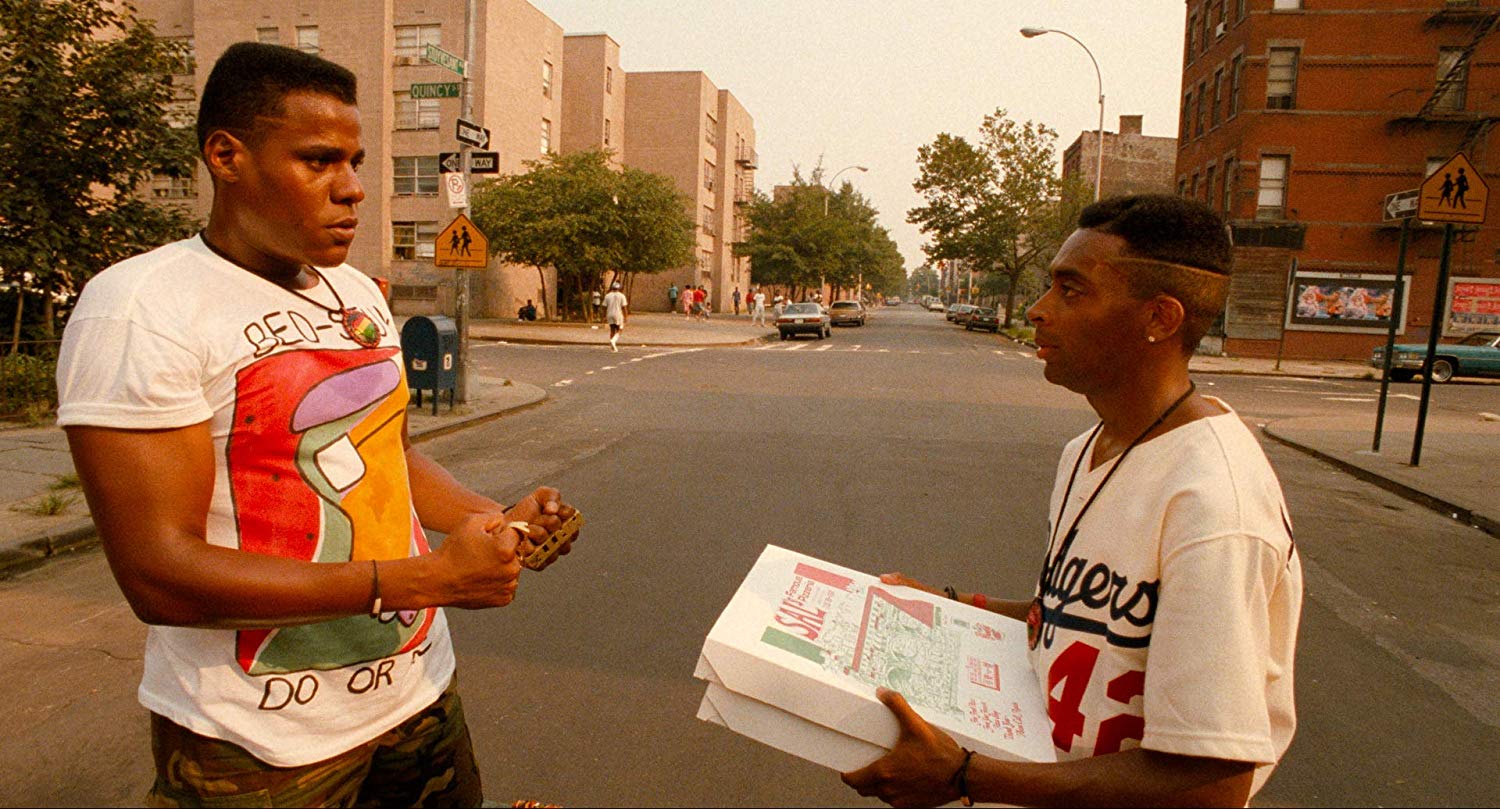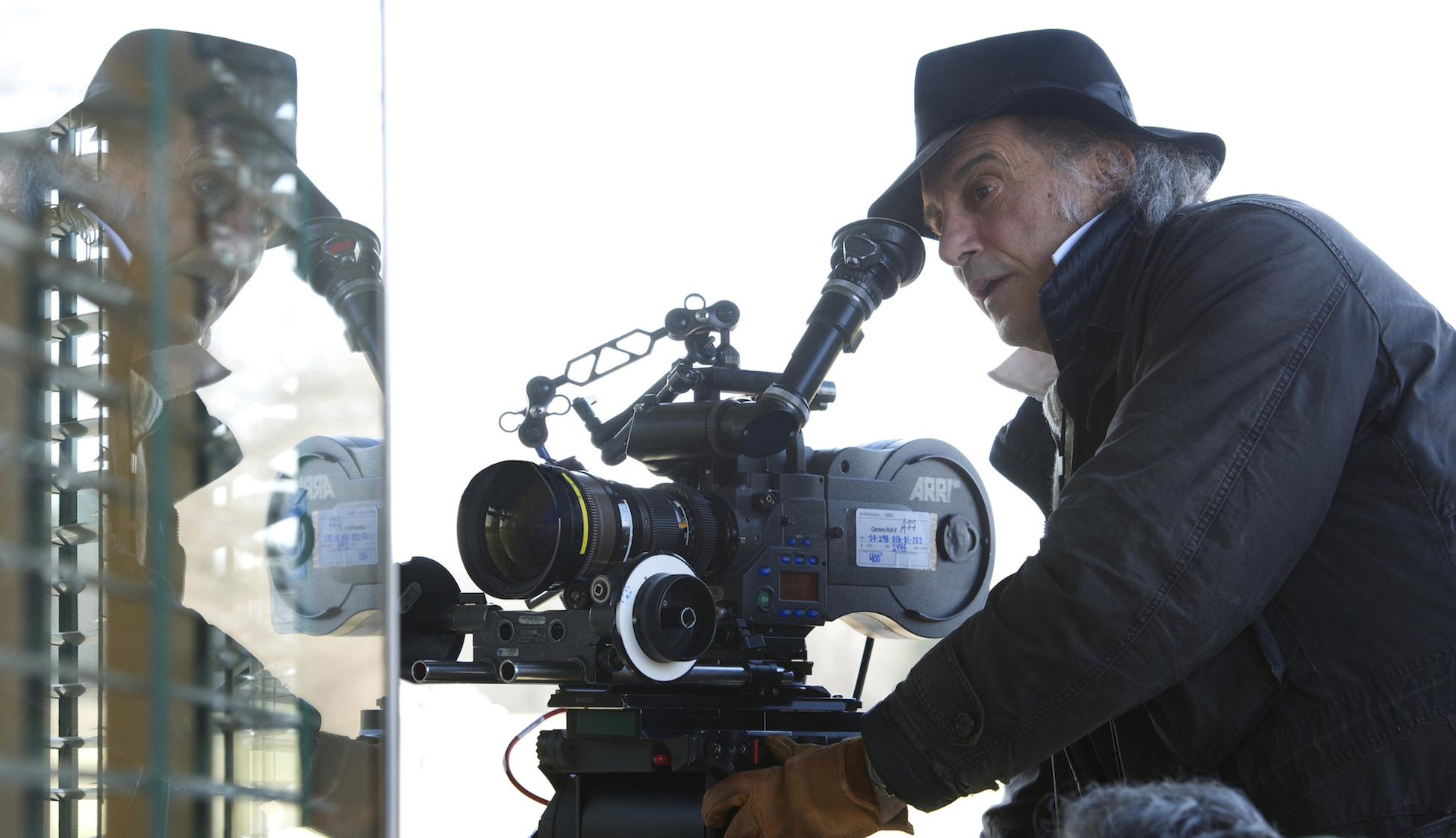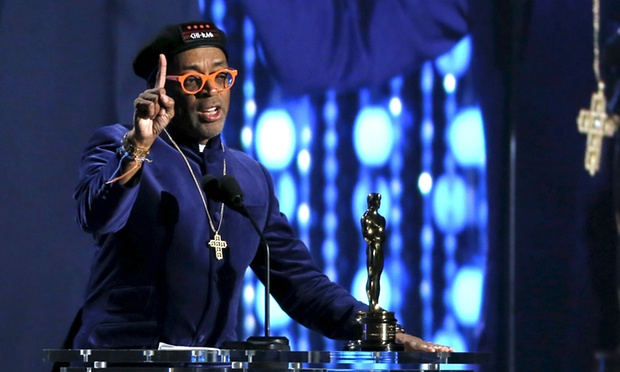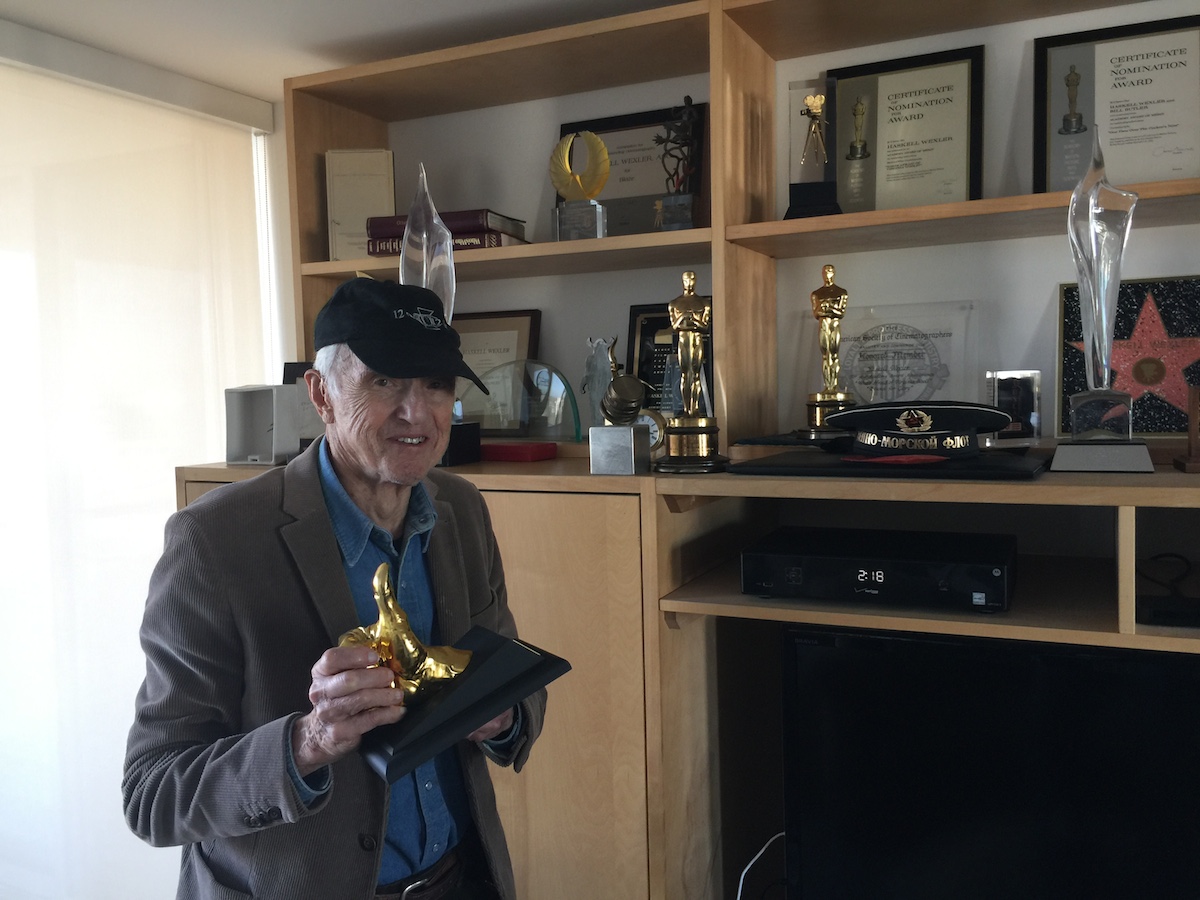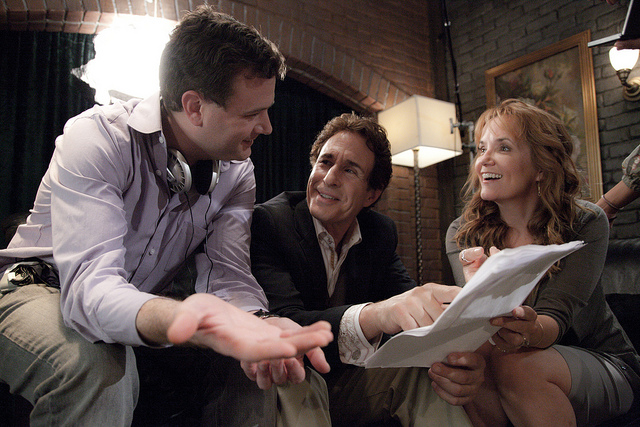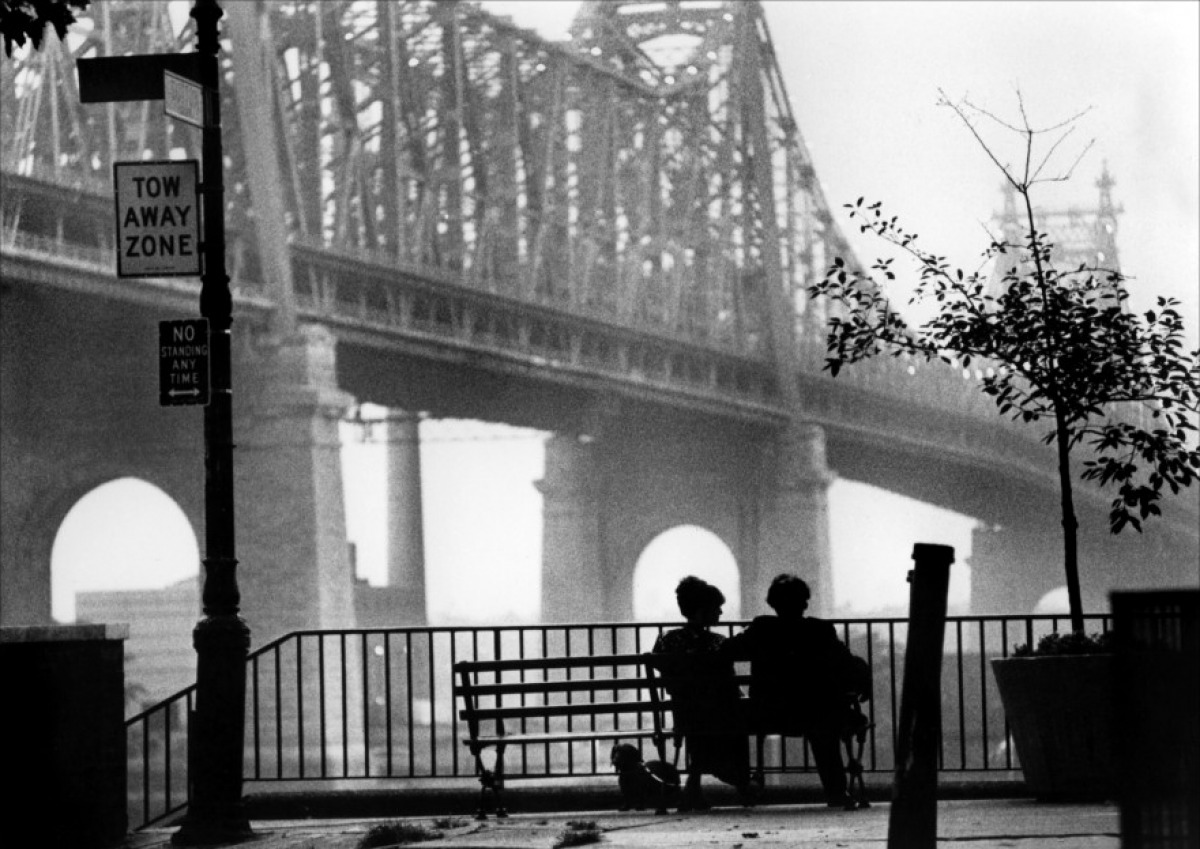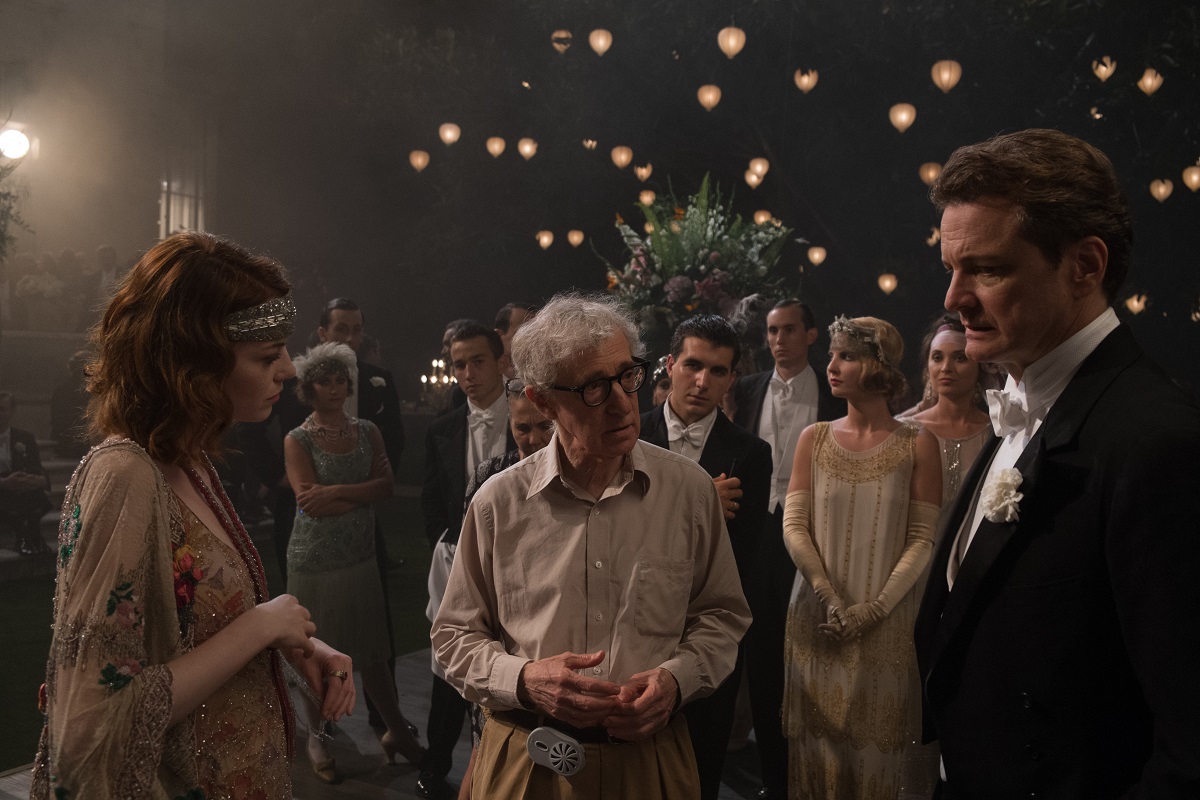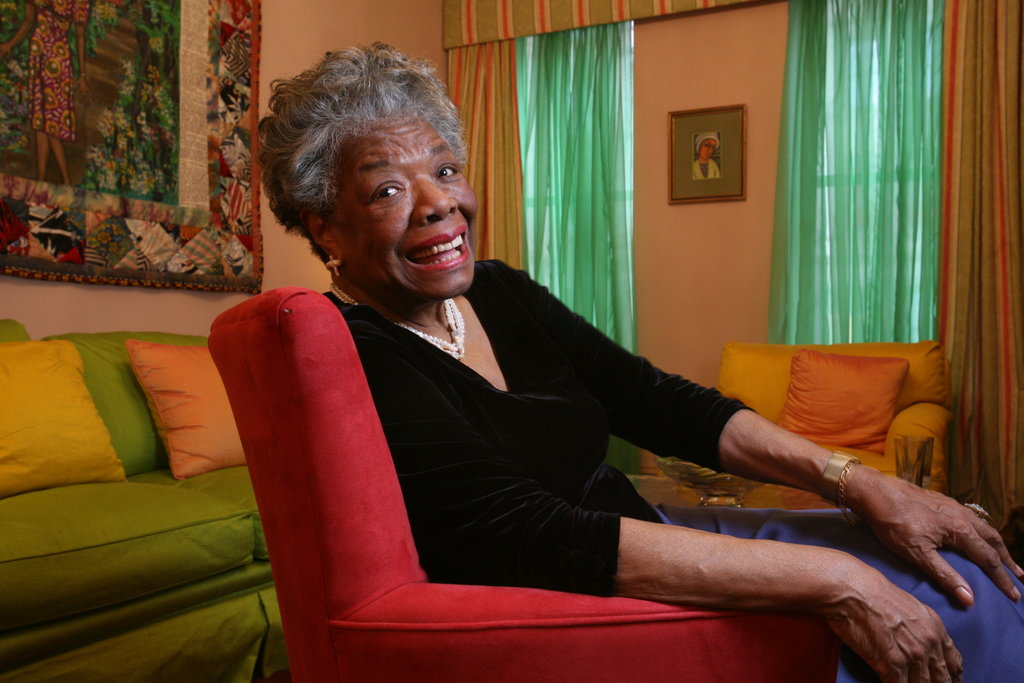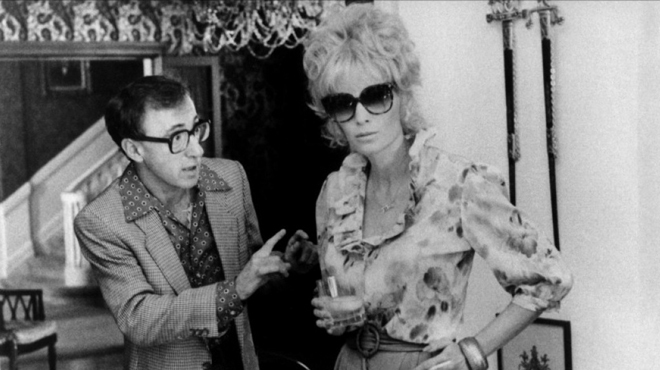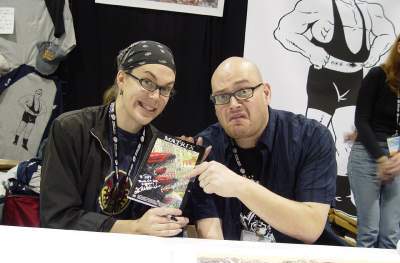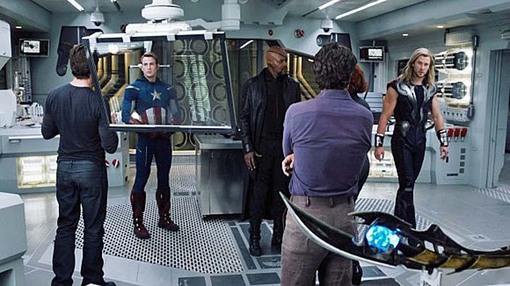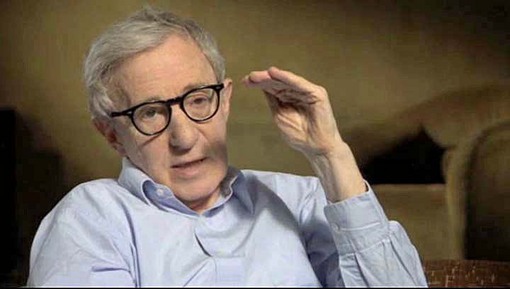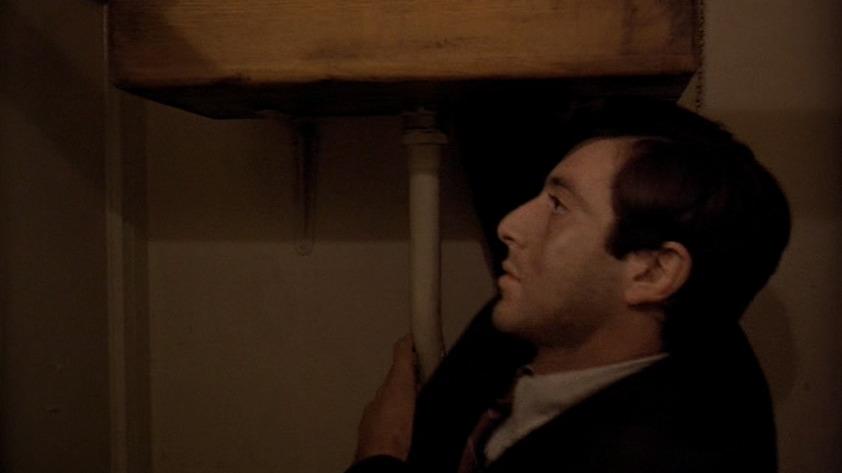Gordon Willis Movie Reviews
Blog Posts That Mention Gordon Willis
The art of darkness: Robert Yeoman on Gordon Willis
Matt Zoller Seitz
Just Be Sure You’re Right: Watching “All the President’s Men” in 2025
Michael Phillips
There Will be No Questions: The Parallax View, the Ultimate Conspiracy Thriller, Turns 50
Matt Zoller Seitz
The Presumed Innocent Movie Was a Highlight of Hollywood’s Page-Turner Era
Tim Grierson
The Consummate Collaborator: Bill Butler (1921-2023)
Walter Chaw
Home Entertainment Guide: March 2022
Brian Tallerico
The Parallax View and the Golden Age of Paranoia
Chris Vognar
Home Entertainment Guide: February 2021
Brian Tallerico
NYFF 2019: Varda by Agnes, He Walked by Night, 45 Seconds of Laughter, Dodsworth
Odie Henderson
A Hitchockian Nightmare: On Alan J. Pakula’s Presumed Innocent
Seongyong Cho
Home Entertainment Guide: July 25, 2019
Brian Tallerico
Cannes 2018: Edward Lachman, an honoree at the festival, discusses the past and future of cinematography
Ben Kenigsberg
Why the Oscars Need to Move Lifetime Achievement Back to the Telecast
Niles Schwartz
RogerEbert.com Writers & Filmmakers Remember Haskell Wexler
The Editors
Thumbnails 4/2/15
Matt Fagerholm
The Melodrama Of Woody Allen’s Critical Reputation
Glenn Kenny
The RogerEbert.com Interviews of 2014
The Editors
Simply Do it: Talking with Woody Allen About Directorial Style
Simon Abrams
Thumbnails 5/29/2014
Matt Fagerholm
Blu-ray Consumer Guide: May 2014
Glenn Kenny
DVD is dead; long live Blu-ray!
Roger Ebert
The Wachowskis: From “2001” to “The Godfather” to “The Matrix”
Roger Ebert
Wally Pfister, The Avengers & the ethics of composition
Jim Emerson
A snake in the grass drinks his own poison
Omer M. Mozaffar
“Don’t mess Malcolm up”
Omar Moore
Woody Allen: Manhattan Moviemaker Mystery
Odie Henderson
Who do you read? Good Roger, or Bad Roger?
Roger Ebert
The Prince of Darkness casts light
Roger Ebert
Popular Reviews

The best movie reviews, in your inbox
